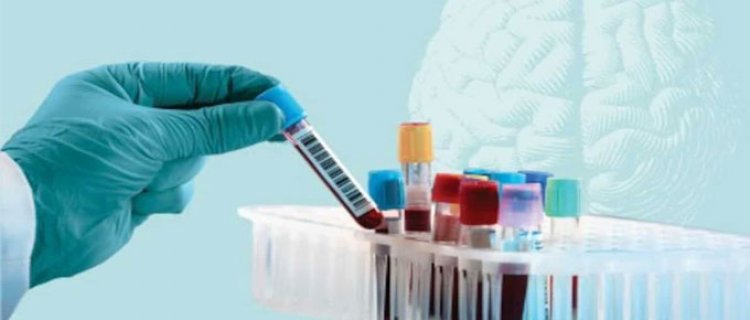Potential Breakthrough: Blood Test May Predict Dementia a Decade Early
Dementia is a devastating condition with no current cure. Early detection, however, is crucial for potentially slowing disease progression and improving quality of life for patients.

Dementia is a devastating condition with no current cure. Early detection, however, is crucial for potentially slowing disease progression and improving quality of life for patients. A new study published in the journal Nature Aging has unveiled a promising development: a blood test that could predict dementia risk up to 15 years before symptoms appear.
This research, conducted by a collaboration between the University of Warwick (UK) and Fudan University (China), focused on analyzing nearly 1,500 proteins found in blood samples. The scientists then used this data to estimate an individual's risk of developing dementia over a 15-year timeframe.
The study confirmed existing connections between dementia and three specific plasma proteins: GFAP, NEFL, and GDF15. These proteins have previously been linked to neurodegeneration, the process by which brain cells deteriorate.
However, the research also identified a new player: LTBP2. This protein emerged as one of the most significant predictors in the analysis. Importantly, the researchers were able to develop models that predicted not just dementia in general, but also distinguished between Alzheimer's disease, the most common form of dementia, and vascular dementia, caused by impaired blood flow to the brain.
What this means:
While the blood test is still in the early stages of development, this study offers significant hope for the future of dementia diagnosis. Earlier detection allows doctors to intervene sooner, potentially with treatments that slow disease progression or manage symptoms more effectively. Additionally, early diagnosis could open doors for participation in clinical trials of new dementia therapies.
Important caveats:
- The study requires further validation on a larger population before the test can be considered reliable for clinical use.
- There is currently no cure for dementia, and the effectiveness of early intervention strategies is still under investigation.
- The long lead time (up to 15 years) of the test's prediction raises ethical considerations, such as potential anxiety associated with a positive test result.
The Road Ahead:
This research represents a significant step forward in the fight against dementia. As scientists refine the test and explore early intervention strategies, the hope is that dementia will become a manageable condition, allowing people to live longer, more fulfilling lives.






















